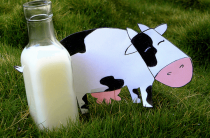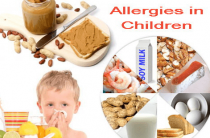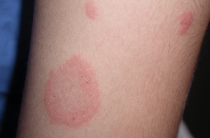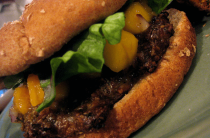Good afternoon. I have a beautiful baby, with whom we, unfortunately, have to ask you to help. In any case, I choose the foods for my son's food as carefully as possible. But I began to do it even more strongly after he developed an allergy to cereals at the age of five months. Now he is already a year and one month old and he calmly eats these foods. Is it possible to hope that it was just some temporary form of allergy and then everything will be fine?
There are also a number of questions about the organization of nutrition for the baby, to which I will be very pleased to receive answers:
- Usually my son ate special baby purees, which are sold in small jars. But it seems to me that the range of vegetables from which mashed potatoes are small. This does not make it possible to make a diet for the baby from a variety of products, such as beets, peas, tomatoes, etc. Can a child eat vegetables and bread from a year old?
- When can dairy products be included in a baby's nutrition plan?
- Can you add some garlic to your meals?
- Can I trust curd products from the store or is it better to make them myself?
- What do you say about such a dish as scrambled eggs? How many yolks a day can a baby have?
Anna 27 years old
Good afternoon.
You and your baby can breathe a sigh of relief as allergies can indeed be “outgrown”. The reason is that, as such, an allergy is not a disease at your age, but simply a feature of the immune system. With allergies, the body perceives normal substances as foreign agents. The body of a child perceives many things that are ordinary for an older age with hostility. This is due to the fact that his immunity is only learning to perceive and adequately respond to external stimuli. Over time, the child grows and his immunity gradually begins to work correctly. Thus, one can even talk not about allergies in children, but about allergic phenomena. For this reason, foods should be added to the child's diet with great care, so that by the age of one he has already consumed cereals, boiled meat, dairy products, vegetables and fruits. This will allow the child to create a complete diet by this age, which will not cause negative reactions from his immunity. At the same time, cereals should enter the child's body in all its diversity. The least allergenic and the first in the diet should be such cereals: rice, buckwheat and oatmeal. It is better for children to add semolina a little bit after a year, because it consists entirely of gluten - the main allergen in cereals. Of course, for a healthy immune system in a child, it is vital to eat a variety of foods. But they must be included in the diet correctly. That is, in minimal quantities, gradually increasing their share in the diet.














